Do CBD Edibles Show Up in Drug Tests?
Summarize
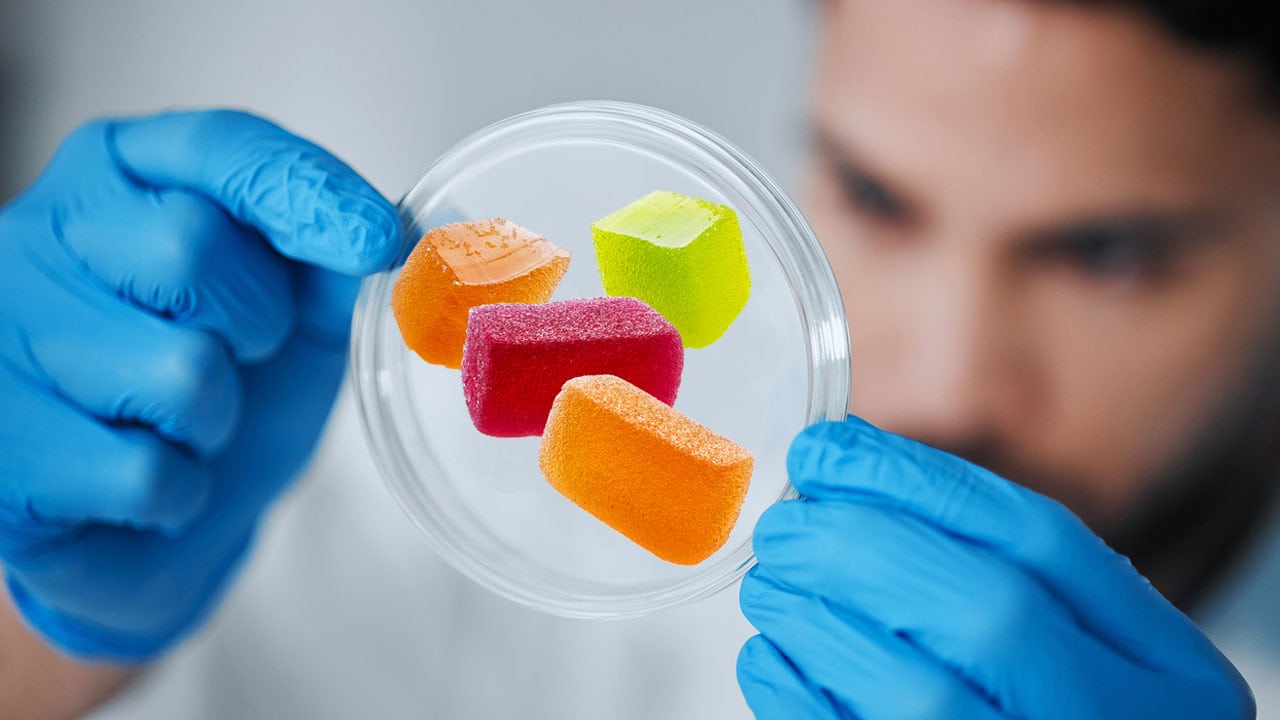
CBD edibles are growing in popularity, and one reason is the availability and convenience of CBD gummies in different flavors.
Do gummies show up on a drug test? How about other CBD edibles, like mints, candies and honey? Can edibles make you fail a drug test? How long do edibles show up on a drug test?
Many factors determine the answer to these common questions, including the CBD spectrum, your personal characteristics like weight and metabolic rate, and the type of drug test administered. The following sections address some common questions concerning CBD edibles and drug tests.
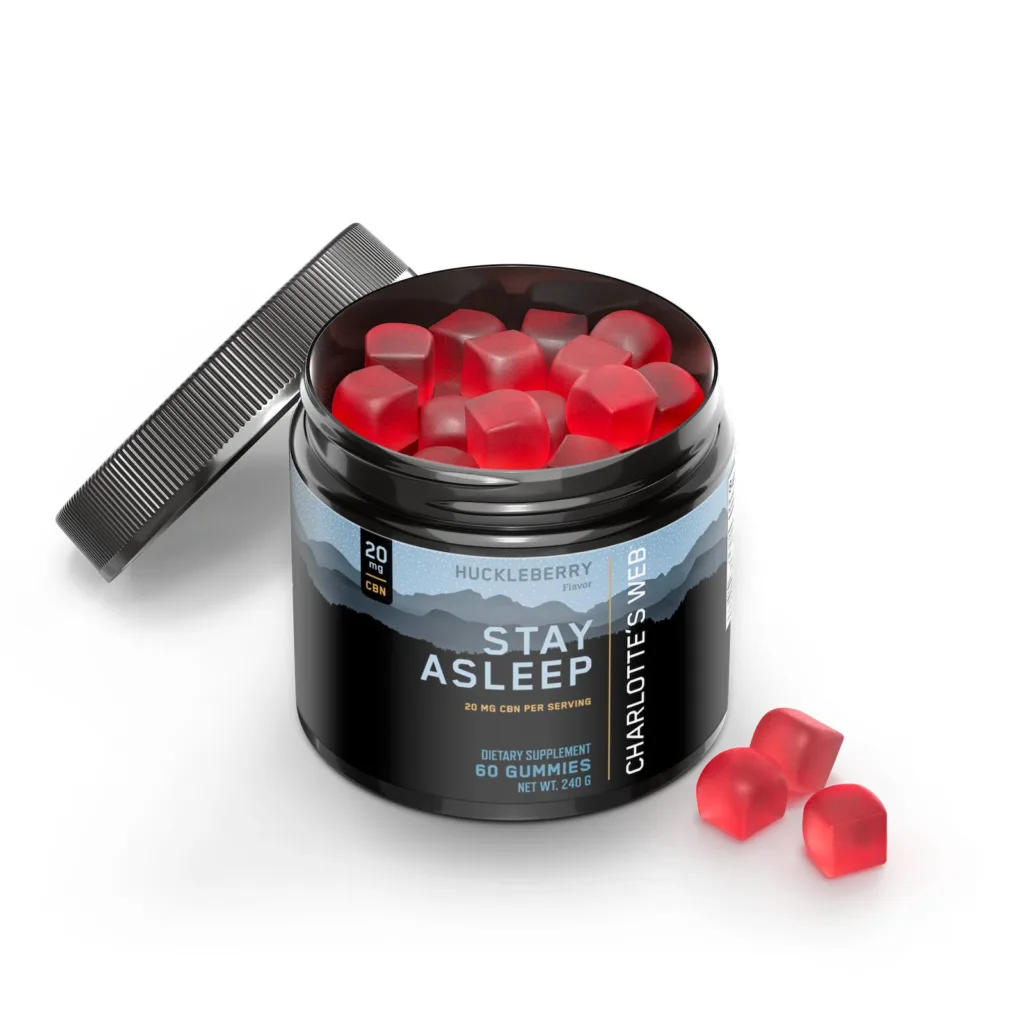
TL;DR (Too Long; Didn’t Read):
Standard tests screen for THC. Full spectrum CBD edibles contain small amounts of THC and can cause a positive result, especially with regular use. Broad spectrum and isolate CBD edibles are less likely to trigger a positive test, but trace THC and mislabeling mean there is never a 100% guarantee of passing a drug test.
Table of Contents
What Are CBD Edibles?
CBD edibles are food products infused with cannabidiol (CBD) oil and are available in a wide range of options. From the popular gummies and candies to the unique lollipops, honey, and mints, there is something to suit every taste. These edibles not only provide a convenient way to consume CBD but also offer a delicious and intriguing experience.
Since edibles must go through the digestive system, CBD effects may last longer compared to other methods of consumption. The rapid growth in sales of edibles is also due to the fact that you can purchase a CBD product that addresses a well-being issue, like sleep quality, need for energy boosts, faster muscle recovery, and general wellness.
Types of CBD Edibles
CBD edibles are formulated to support general well-being, and one of the most essential features to consider is the CBD spectrum. This is especially true if you are concerned about passing a drug test. CBD is not a drug and is not psychoactive, but some CBD edibles do contain THC, which is psychoactive.
As a reminder, federal law requires legal cannabis (hemp) to have less than 0.3% THC on a dry-weight basis. Unless a manufacturer adds additional THC, the final CBD product will have much less than 0.3% THC due to processing.
There are three CBD spectrums, and understanding what each spectrum term means is important to knowing what you buy. CBD is extracted from the hemp plant, but the processing of the plant material determines the CBD spectrum.
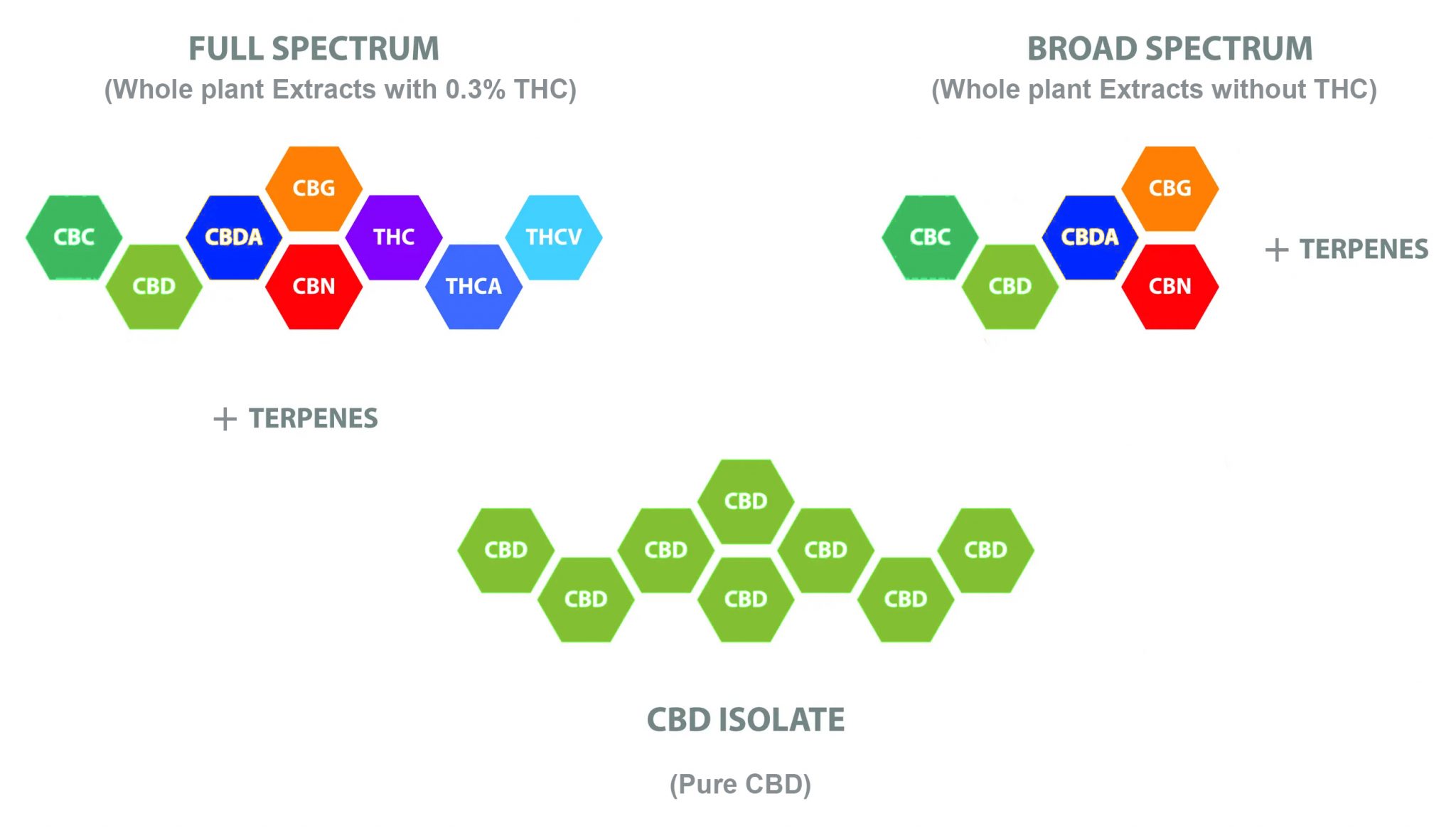
Full Spectrum CBD
Full spectrum CBD refers to CBD extract containing all the naturally occurring compounds in the hemp plant. These compounds include all the cannabinoids, including CBD, THC, CBG, CBN and more. The plant extract also contains terpenes, flavonoids and other beneficial compounds.
Hemp plants are required to contain less than 0.3% THC, but this does mean full spectrum CBD products contain a small amount of THC. Many people prefer full spectrum CBD because it may have an entourage effect, which means you get more benefits from the compounds working together than if you took them separately.
Broad Spectrum CBD
Broad spectrum CBD is similar to full spectrum CBD in that it begins with a whole plant extract. It contains many cannabinoids, terpenes, flavonoids and other plant compounds. However, CBD extract undergoes additional processes to remove most or all of the THC. Some products say they are THC-free. If they do not say they are THC-free, then there may be a trace of THC. You still get the entourage effect with broad spectrum CBD.
Isolate CBD
Isolate CBD is a 98-99% pure form of CBD. All compounds except CBD are removed during processing. If there is any concern at all about consuming THC, this is the best CBD spectrum.
CBD + THC
There are CBD edibles, like gummies, made with full spectrum CBD extract plus additional THC. For example, each gummy may have 25 mg of CBD plus 5 mg of THC, getting the total THC amount closer to the THC legal limit. However, the total product does not contain more than the allowed legal limit for THC. Products promote calm and better sleep, general well-being, or an elevated mood.
How Long Do CBD and THC Stay in Your System?
It is not easy to say how long CBD and THC stay in your system because so many factors influence the answer. These factors include your weight, metabolic rate, CBD and THC potencies, age, frequency of use, etc. Generally, CBD and THC will stay in your system anywhere from a few hours to a month.
Will 1 mg of THC show up on the drug test? How long does 5 mg of THC stay in your system? Due to the half-life of THC, it really does not matter how much THC you take. Taking any THC could show up on the drug test because of how the body processes it. The exact rate of elimination occurs for 1 mg or 5 mg of THC.
The more frequently you take THC, though, the longer it will take to eliminate it. For example, if you consume a full-spectrum CBD gummy once, the THC could be in your system for about a week. If you consume the CBD gummy every day and then stop, it will take much longer to eliminate the THC entirely.
The half-life of CBD ranges from 1 hour to 5 days. Regularly taking CBD can lead to its accumulation in subcutaneous body fat tissue because it is lipid-soluble, but this does not mean it accumulates in the blood.
The half-life of THC is 1-3 days if you use THC infrequently and 5-13 days if you use THC more frequently. A urine test may detect THC for up to three days for single use, up to one week for moderate use, 10-15 days for daily use, and a month or longer for chronic heavy use.
The amount of THC in the edibles influences how long the cannabinoid stays in your system. Typically, the body excretes up to 80-90% of THC within the first five days of consumption if less than 10 mg or less of THC is taken.
However, that means another 10-20% remains in the system longer. If you regularly use THC, this cannabinoid may stay in your system for up to 2-3 months. If you are a low user of CBD edibles with a low amount of THC, the THC is likely to be undetectable sooner than if you frequently consume edibles with higher amounts of THC.
Drug tests do not usually test for CBD because cannabidiol does not cause a high. They test for THC because it is psychoactive. The drug tests do indicate how long THC stays in the system. Most drug tests use the federal government’s 50 ng/mL cutoff for urine testing, but tests with lower cutoffs are available today. The sample is sent for confirmation if you test for a concentration of more than 50 ng/gl for a composite of 31 metabolite concentrations. The confirmation test will test for delta-9 THC, which must be below 15 ng/ml.
So, you can see that the more and the longer you consume THC, the longer it will stay in your system and show up on a drug test. Whether you consume a CBD gummy with 1 mg or 5 mg of THC, the THC will remain in your system for at least 3-7 days. The smaller the THC dose, the faster it is excreted.
Do Edibles Show Up in Drug Tests?
Any edibles with THC will show up on drug tests. This is also true for a THC gummies drug test or other CBD edibles with THC. The drug tests are testing for delta-9 THC and its metabolites, so they do not differentiate the source of the THC. As explained, the actual detection time depends on many factors, including the route of consumption. There are different kinds of drug tests, too. Generally, the various test types and edible detection windows for THC and metabolites are as follows.
| Blood test | 3-4 days |
| Urine test | up to 30 days (or longer) |
| Saliva test | 1-3 days |
| Hair test | up to 90 days |
These are just averages. As explained, there are many factors influencing how long edibles stay in the system and how long the THC and metabolites are detectable.
What Factors Affect Whether CBD Edibles Show up?
Whether THC from CBD edibles shows up on a drug test comes down to a few personal factors:
- Your dose
- How often you use products that contain THC
- How much body fat you have, since THC metabolites tend to stay in fat tissue and are released slowly.
Again, most standard workplace urine tests use a cutoff around 50 ng/mL, while more sensitive tests use lower cutoffs, which increases the likelihood of a positive result. Because all of this is highly individual, there’s no simple way to predict or guarantee how any specific test will turn out.
How to Choose CBD Edibles if You’re Drug-tested?
If you’re regularly drug-tested, keep these points in mind when choosing CBD edibles:
Treat THC as a risk.
Any product that contains THC (full spectrum) can potentially show up on a drug test.
Choose THC-free and isolate CBD edibles.
Look for edibles labeled “THC-free,” “0% THC,” or “CBD isolate” rather than full spectrum.
Always check the COA (lab report).
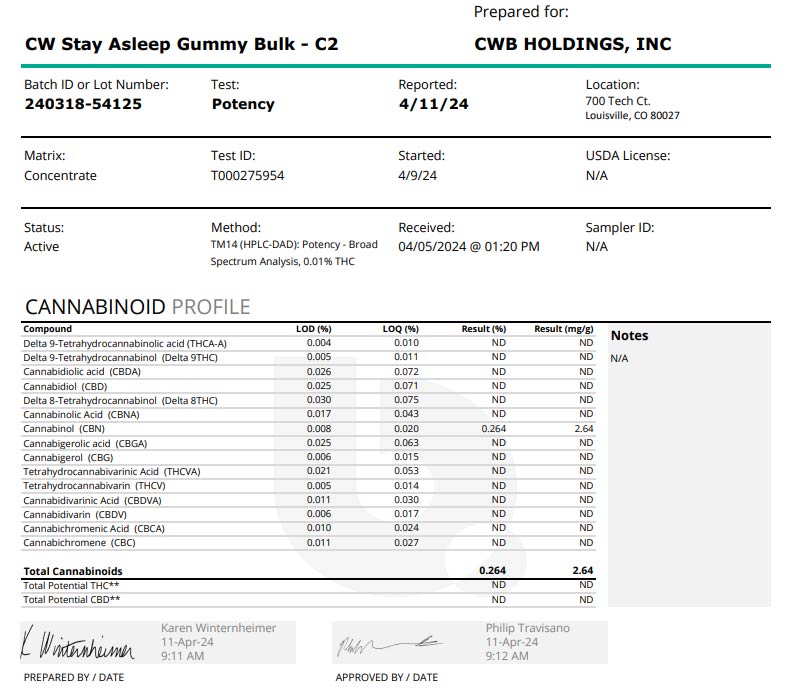
Open the Certificate of Analysis from an independent lab. THC should be listed as “ND” (non-detectable), and the report should include batch number and test date.Check for quality and safety testing.
Make sure the COA also covers heavy metals, pesticides, and residual solvents, not just cannabinoids.
Be careful with “extra strong” or “buzz” claims.
Avoid products marketed for a “high” or “kick”, since they often rely on added THC.
Remember there’s no 100% guarantee.
Even with THC-free and isolate products, trace THC or mislabeling are still possible, so you can’t fully guarantee a negative test.
Are CBD Edibles Legal?
CBD edibles are legal if the CBD is extracted from the hemp plant. The hemp plant is a cannabis plant that has less than 0.3% THC per dry weight. If THC is added to a CBD edible, the total amount of THC per serving cannot exceed 3%.
It is important to buy CBD products only from companies with a good reputation for transparency about ingredients and to post the Certificate of Analysis (COA) for each batch. The COA verifies the cannabinoid content of the product and that no hazardous substances, like heavy metals or pesticides, are present. You want to have confidence in what you are consuming.
Make Good Decisions to Enjoy CBD Edibles
There is still a lot of confusion among consumers as to the difference between CBD and THC and the different CBD spectrums. Knowledge of CBD spectrums helps you avoid surprises like a failed drug test. Though the law allows CBD edibles to have no more than 0.3% THC, many companies have a zero-tolerance policy. If you’re regularly drug-tested, take a look at our selection of THC-free and isolate CBD edibles, each backed by an independent third-party lab report.
Sources
- Meissner, H., & Cascella, M. (2024). Cannabidiol (CBD). National Center for Biotechnology Information (NCBI).
https://www.ncbi.nlm.nih.gov/books/NBK556048/ - Millar, S. A., Stone, N. L., Yates, A. S., & O’Sullivan, S. E. (2018). A Systematic Review on the Pharmacokinetics of Cannabidiol in Humans. Frontiers in Pharmacology, 2018.
https://www.ncbi.nlm.nih.gov/pmc/articles/PMC6275223/ - Does CBD show up on a drug test? Drugs.com – Prescription Drug Information.
https://www.drugs.com/lifestyle/cbd-show-drug-test-3516640/ - Chayasirisobhon, S. (2021). Mechanisms of Action and Pharmacokinetics of Cannabis. Perm J, 25, 19.200.
https://www.ncbi.nlm.nih.gov/pmc/articles/PMC8803256/ - National Drug Screening Inc. Can you please explain why confirmation cutoff levels are lower than screening levels? National Drug Screening Inc. https://www.nationaldrugscreening.com/faqs/employer-drug-testing/can-you-please-explain-why-confirmation-cutoff-levels-are-lower-than-screening-levels/
Share this post


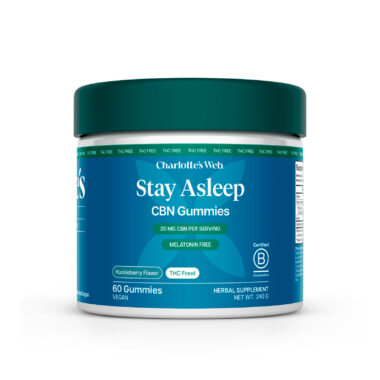
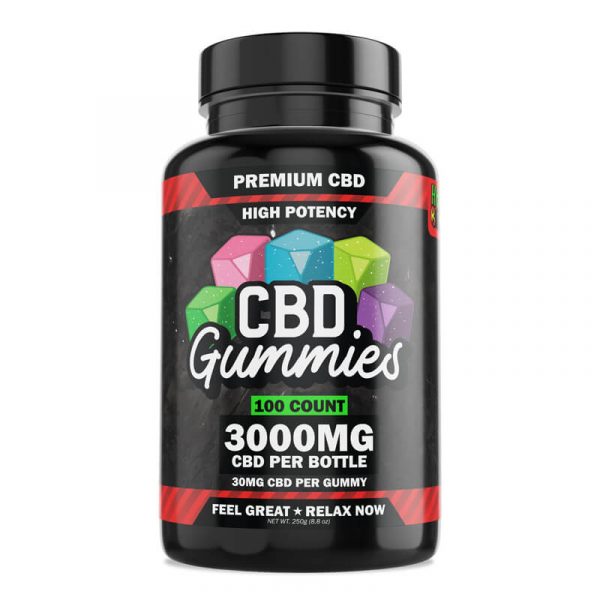
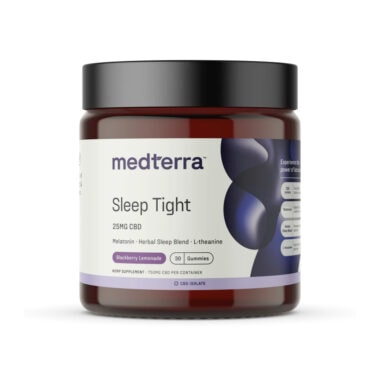
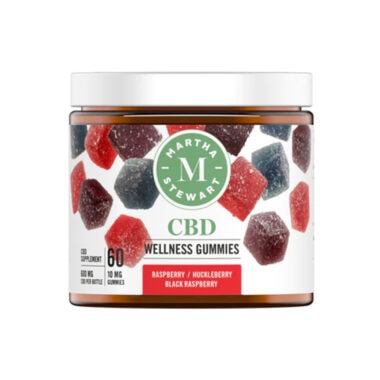
0